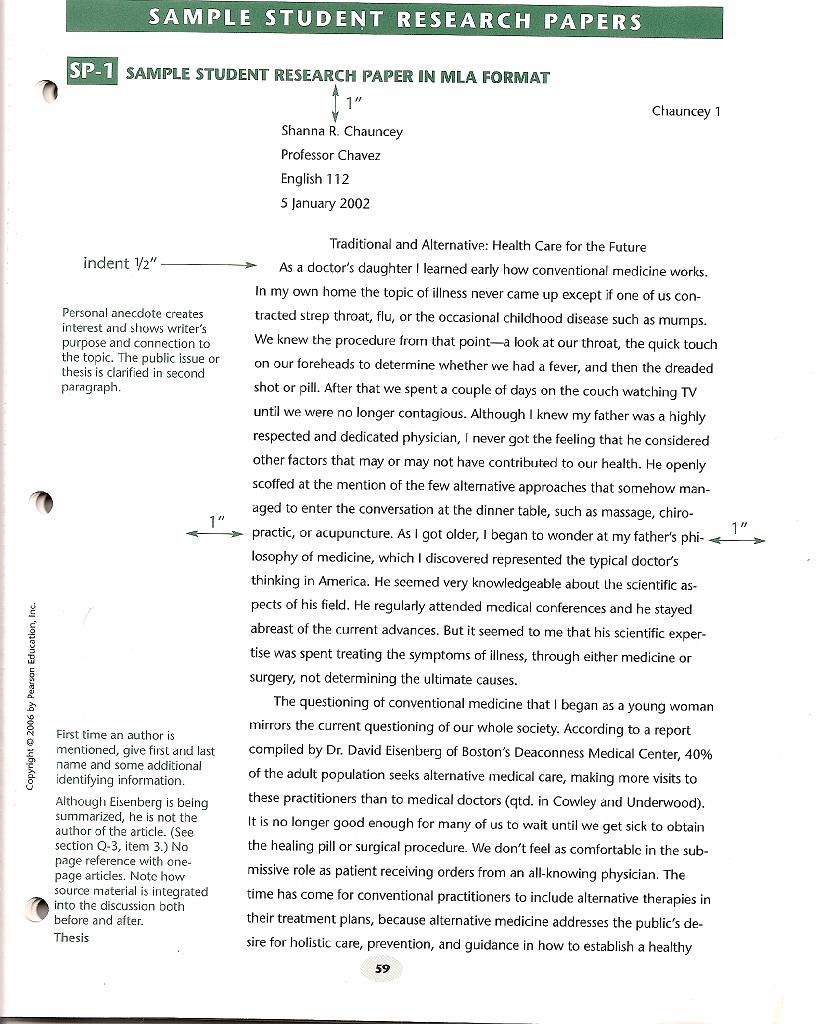Defamation Act 2013: A sensible balance. - Inforrm's Blog.
The Defamation Act 2013 was passed to help regulation on defamation to deliver more effective protection for freedom of speech, while at the same time ensuring that people who have been defamed are able to protect their reputation. It is often difficult to know which personal remarks are proper and which run afoul of defamation law.S1 of the Defamation Act 2013 has slotted in a new provision of “serious harm”. A statement will not be considered defamatory unless it has caused, or is likely to cause, serious harm to the.Defamation essay - Grade: 85. Essay on question that always features on exam. University. Queen's University Belfast. Module. Tort Law (LAW5001) Academic year.
Text created by the government department responsible for the subject matter of the Act to explain what the Act sets out to achieve and to make the Act accessible to readers who are not legally qualified. Explanatory Notes were introduced in 1999 and accompany all Public Acts except Appropriation, Consolidated Fund, Finance and Consolidation Acts.All reference to 'Parts' and 'sections' are from the Defamation Act 2013. For other versions of these Explanatory Notes, see More Resources. Introduction. Summary. Background. Territorial Extent and Application. Commentary on Sections. Section 1: Serious harm. Section 2: Truth.

They key authority is the Defamation Act 2013, which helps straighten out the significant body of case law which has built up over the years. The overall aim of the act was to rebalance the law towards protecting freedom of speech. The same general definition of defamation still applies, but its elements have been slightly recast by the Act.












